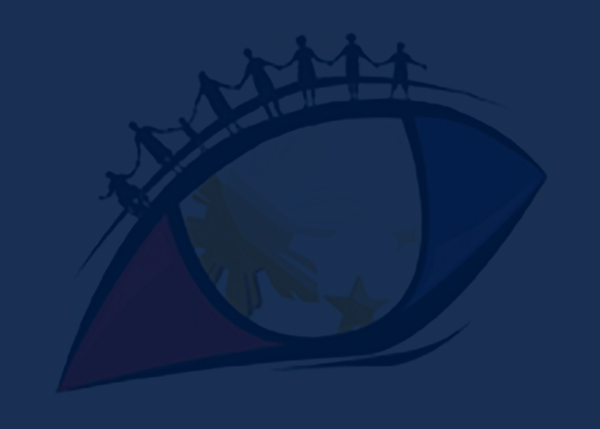
The 2019 midterm election is already drawing closer. With each election, candidates promise to eradicate corruption should they be elected into office. However, even thirty years after the end of martial law, the rule of “guns, goons, and gold” still rings true every election season.
In the latest Corruption Perception Index of Transparency International, the Philippines ranked 111th out of 180 countries, down from a high of 85th in 2014. The country’s standing has steadily declined over the last few years, with the prevalence of corruption highlighted in the Priority Development Assistance Fund (PDAF) or pork barrel scandal.
Yet a look of the attempts to resolve corruption cases show the ineffectiveness of government. Elections bring its own set of corruption problems: vote buying, misuse of public funds, and electoral violence.
But despite its pitfalls, elections also provide another opportunity to challenge status quo and the norms of corruption in governance. When the checks and balances instilled in the constitution are hijacked by corruption, the duty falls on the citizens to ensure that democracy prevails. Through their ballot, they state their support for certain practices, beliefs, and stances. While citizenship is a daily exercise of rights and duties, electing the right people into office safeguards these rights and ease daily citizen activities.
Democracy Watch advocates for better governance and inclusiveness. In line with this, we call for Filipinos to exercise their right to vote in May 2019. But beyond the physical act of voting, there is a need to educate oneself on the history and advocacies of candidates, to look beyond the feel-good statements and analyze their actions instead.
Increased popular participation makes it more difficult for political elites to manipulate democratic institutions. We must eradicate electoral corruption—the mother of all corruption. We must eliminate systemic corruption in the Philippines. We must advocate program-based and policy-intensive political discourse so that we will know the right candidates to vote for.
We encourage everyone to be aware and active in our own ways in the upcoming polls. We now live at a time when information is merely a click away. Let us use this to our advantage to learn more about candidates so that it may lead us to make the right decision.
Democracy Watch launched its Youth Alliance—an alliance of student governments and leaders of universities and colleges in Metro Manila to create an avenue for voter education and debate among young leaders. Because we believe that the active participation of today’s youth leads to better decisions and outcomes, from which a thorough consultation of their ideas and points of view will create more effective public policies and positive outcomes.
Last 2016, the youth counted for 45% of all voters. With the trend of close gaps in elections, a youth vote can change the outcome of elections. Therefore, by engaging with these voters through Youth Alliance, we aim to encourage them to participate and equip them with the necessary information to act as a foundation for their actions. Not only can the youth learn through forums, they also get to voice their concerns and opinions, partaking in the national conversation.
Participation will promote the well-being and development of the youth, who can also join in the citizenry’s quest for development if only afforded enough opportunities.
And although we may have different choices or ways to choose our candidates, we all have one thing in common: the ability to participate and contribute to a bigger cause, that of being co-authors of our nation’s future.
The solution to corruption begins with a well-informed and active citizenry.

